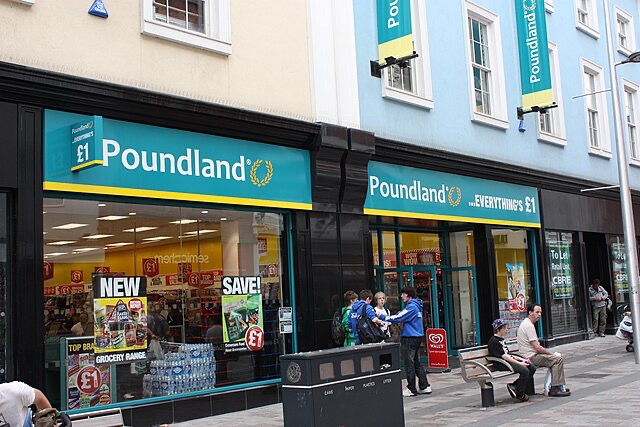Overview of Poundland’s Current Challenges
Poundland, a prominent UK discount retailer with over 825 stores, is currently navigating a series of significant challenges that threaten its longstanding position in the retail market. The convergence of a national cost-of-living crisis, an uptick in shoplifting incidents, and recent tax policy changes have collectively strained the company’s operations and financial stability. These factors have culminated in the decision by its parent company, Pepco Group, to explore strategic options, including a potential sale of the retailer.
Significance of the Potential Sale
The contemplation of selling Poundland marks a pivotal moment not only for the company but also for the broader landscape of the UK high street. As a staple in the discount retail sector, Poundland’s potential change in ownership raises questions about the future of affordable shopping options for consumers and the stability of employment for thousands of staff members. Understanding the multifaceted reasons behind this development is crucial for stakeholders, including employees, customers, and industry analysts.
Poundland’s History and Market Position
Founding and Growth of the Discount Retailer
Established in 1990 by Dave Dodd and Steven Smith, Poundland introduced the concept of single-price retailing to the UK market, offering all items at a uniform price point of £1. This straightforward pricing strategy resonated with consumers, propelling the company’s expansion across the nation. Over the decades, Poundland became synonymous with value shopping, catering to budget-conscious customers seeking a variety of products ranging from household essentials to confectionery. Wikipedia
Evolution of Product Pricing Strategies
While the £1 pricing model was central to Poundland’s identity, the retailer adapted its strategy in response to market dynamics and inflationary pressures. In recent years, the company introduced products at various price points exceeding £1 to accommodate a broader range of merchandise and maintain profitability. This shift aimed to balance customer expectations with the realities of rising supply chain costs and competitive pressures.
Factors Contributing to Poundland’s Decline
Economic Pressures from the Cost-of-Living Crisis
The UK is currently experiencing a cost-of-living crisis characterized by escalating prices for essentials such as energy, food, and housing. This economic strain has led consumers to tighten their spending, adversely affecting retailers like Poundland that rely on high-volume, low-margin sales. The reduced disposable income among shoppers has translated into decreased foot traffic and sales, challenging Poundland’s revenue streams.
Increase in Shoplifting Incidents
Retail crime, particularly shoplifting, has surged across the UK, posing significant challenges for retailers. For instance, the Co-op reported a substantial £80 million loss due to shoplifting in a single year, reflecting a broader trend affecting the retail sector. Such incidents not only result in direct financial losses but also necessitate increased expenditure on security measures, further straining operational budgets.
Impact of Recent Tax Policies on Operations
Recent fiscal policies introduced by the Labour government, including increases in employer National Insurance contributions and the minimum wage, have escalated operational costs for businesses. Retailers with extensive workforces, such as Poundland, are particularly impacted by these changes. The additional financial burden has compelled companies to reassess their operational strategies and, in some cases, consider restructuring or divestment to sustain profitability.
Pepco Group’s Decision to Sell Poundland
Strategic Review and Consideration of Sale
In response to the confluence of economic challenges, Pepco Group has initiated a strategic review of Poundland’s position within its portfolio. This evaluation encompasses exploring various options, including the potential sale of the retailer. The decision underscores the difficulties faced by discount retailers in the current economic climate and reflects Pepco’s intent to focus on its more profitable ventures.
Potential Implications for Employees and Store Operations
The prospect of a sale introduces uncertainty for Poundland’s workforce and the continuity of its store operations. While the outcome remains speculative, potential buyers may implement restructuring measures that could affect employment and lead to store closures. The situation highlights the precarious nature of retail employment amid shifting economic and corporate landscapes.



